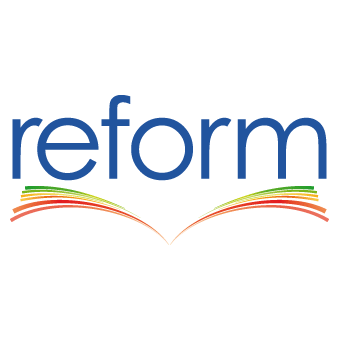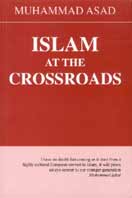Reform and renewal through the lens of IRF
 Dr Ahmad Farouk Musa || 25 September 2013
Dr Ahmad Farouk Musa || 25 September 2013
The Islamic Renaissance Front (IRF) from its inception has its main agenda in promoting reform – islah - and renewal – tajdid. Now what is meant by reform and renewal or islah and tajdid.
When we talk about reform or renewal, one has to understand that the crux of reformist thinking has as a principle; not to change Muslims of today into imitators of Muslims of yesterday. Faithful to the principles, we must find out how to live with our own time.
This reform movement has as its first requirement, knowledge of the comprehensive message of Islam, its universal principles, and the tools available to help human beings to adapt themselves to their society, as well as to change the world.
This reform movement requires a true INTELLECTUAL REVOLUTION that will make it possible to be reconciled to the universality of Islamic values, to develop a critical mind, to make choices by exercising reason, and always not to imitate either the past or the present.
This reform movement requires adaptation and integration of values that are not contradictory and making it our own even if they’re from sources outside the folds of Islam.
In the Qur’anic account of the story of the world’s first murderer, Cain, he is depicted to have been in great distress, not only because of his crime, but also because he had no idea how to dispose of Abel’s dead body.
The story continues: “Thereupon God sent forth a raven which scratched the earth, to show him how he might conceal the nakedness of his brother’s body. [And Cain] cried out: “Oh, woe is me! Am I then too weak to do what this raven did, and to conceal the nakedness of my brother’s body?” - and was thereupon smitten with remorse.” (al-Maaidah 5: 31)
And the moral of the story is that if God can teach mankind through the observation of how animals behave, there is surely a lot to learn from how other human beings conduct themselves or exercise their faculty of reason.
I f we were to analyze the writings of Muhammad Asad in “Islam at the Crossroads”, we will realize the strong emphasis he placed upon Muslims to adhere to the teachings of the Qur’an and the Sunnah.
f we were to analyze the writings of Muhammad Asad in “Islam at the Crossroads”, we will realize the strong emphasis he placed upon Muslims to adhere to the teachings of the Qur’an and the Sunnah.
"The Sunnah," he emphasizes, "is the key to the understanding of the Islamic rise more than thirteen centuries ago; and why should it not be a key to the understanding of our present degeneration?"
But then he wrote:
"This does not mean that Muslims should seclude themselves from the voices coming from without. One may at all times receive new, positive influences from a foreign civilization without necessarily abandoning his own.”
Asad continued:
“An example of this kind was the European Renaissance. There we have seen how readily Europe accepted Arab influences in the matter and method of learning. But it never imitated the outward appearance and the spirit of Arabian culture, and never sacrificed its own intellectual and aesthetic independence. It used Arab influences only as a fertilizer upon its own soil, just as the Arabs had used Hellenistic influences in their time.”
“In both cases, the result was a spiritual enrichment, a strong, new growth of an indigenous civilization, full of self-confidence and pride in itself. No civilization can prosper, or even exist, after having lost this pride and the connection with its own past."
Simply talking about the need for reform is not much better than bragging about our glorious past and extolling the greatness of our predecessors. And limiting ourselves in deriving guidance just from the first three generations of the pious predecessors or as-salafus salih, is clearly antithetical to the spirit and the very message of the Qur’an itself.
Dr Ahmad Farouk Musa is the Director of Islamic Renaissance Front, a think tank committed to liberate the Muslim minds from rigid conservatism and orthodoxy. This article was also published on The Malaysian Insider at http://www.themalaysianinsider.com/sideviews/article/reform-and-renewal-through-the-lens-of-irf-dr-ahmad-farouk-musa